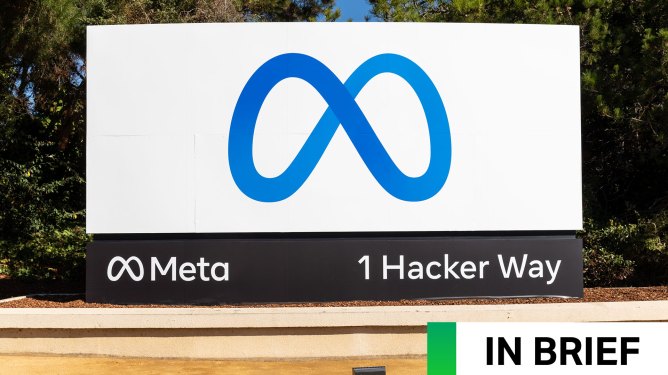AI Models: Why Meta’s Latest Benchmark Claims Are Questionable

In recent developments in the AI landscape, Meta has introduced its flagship model, Maverick, which has drawn attention by ranking second on the LM Arena leaderboard. Despite this achievement, there are concerns about the accuracy of this ranking due to discrepancies between the experimental and widely available versions of the model.
Maverick, as touted by Meta, is hailed for its capabilities, yet analysts and researchers have pointed out that the version of Maverick tested on the LM Arena differs significantly from what developers are accessing. The official announcement indicated that the version utilized in the LM Arena is an “experimental chat version,” raising questions about its practical applicability for developers.
The benchmark tests conducted by LM Arena have faced criticism for their reliability, and this scenario exemplifies some of the challenges within AI benchmarking. Traditionally, AI companies do not tailor their models to excel in specific benchmarks, leading to a lack of transparency when a customized version is withheld from public release. This practice ultimately confuses developers and misrepresents a model’s capabilities in real-world applications.
Notably, feedback from researchers on social media has highlighted considerable differences in performance. The publicly downloadable Maverick seems to operate differently, with its responses characterized by excessive use of emojis and unnecessarily verbose dialogue, diverging from users’ expectations.
Such discrepancies can mislead developers about the true potential and limitations of these AI tools, complicating their decision-making processes. AI benchmarks, while essential for evaluating performance, often fall short of providing a comprehensive view of a model’s strengths and weaknesses across diverse tasks.
In response to these observations, further investigation into Meta’s implementation of Maverick is crucial. The AI industry must ensure that benchmarks accurately reflect model performance to preserve trust and clarity in development practices. Meta and organizations overseeing testing platforms like LM Arena must provide clearer insights into how their benchmarks are derived to foster understanding and reliability in the evolving AI landscape.
